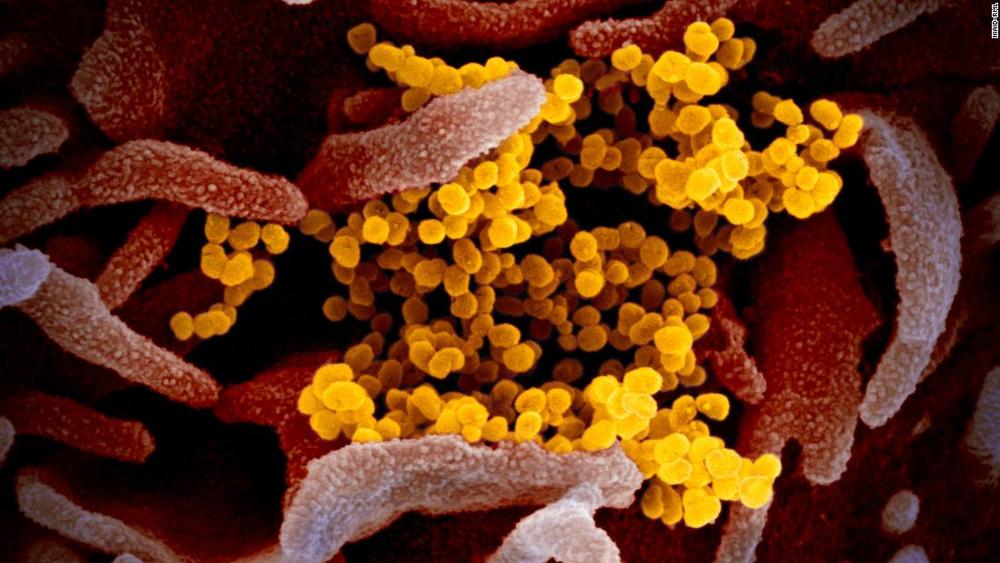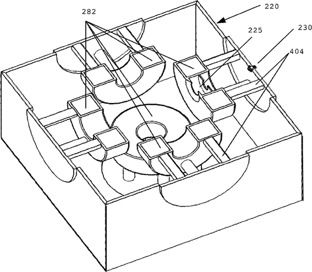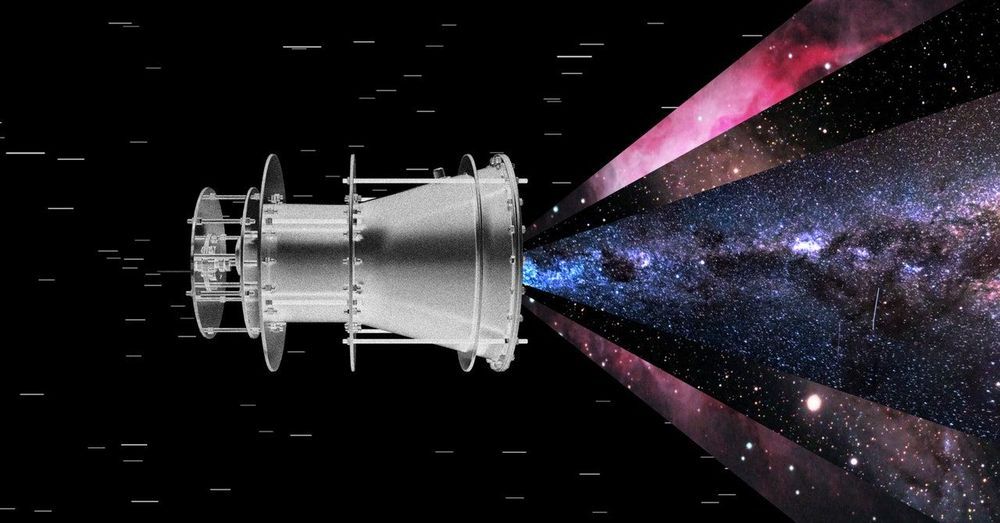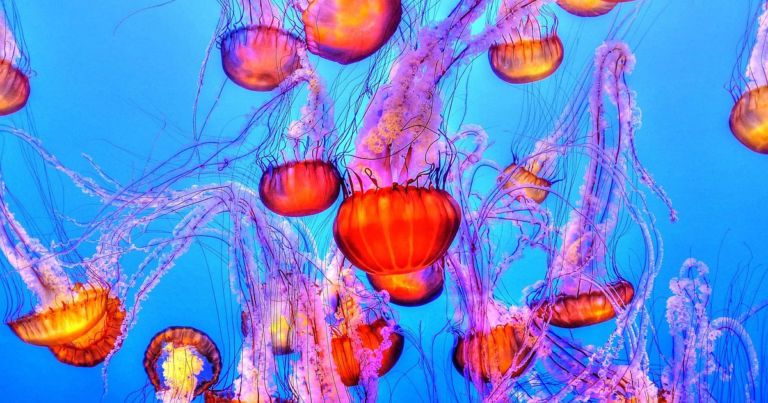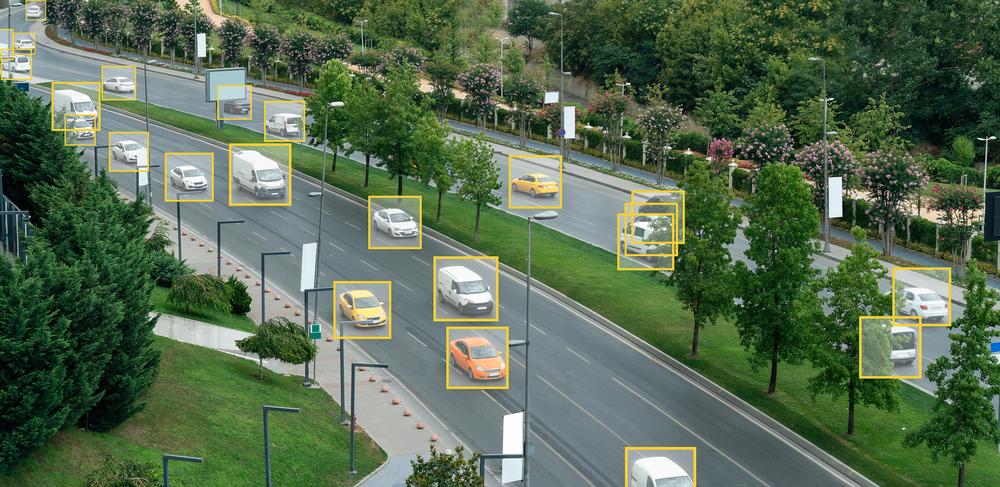A birthday party was behind a cluster of coronavirus cases in Pasadena, California, according to health officials.
A “large number” of extended family members and friends were at the party, the Pasadena Public Health Department said in <a href=“https://www.cityofpasadena.net/city-manager/news-releases/cluster-of-covid-19-cases-traced-to-birthday-party/ target=“_blank”>a news release, adding the event took place after the city issued a stay-at-home order in March.
One patient at the party was coughing and not wearing a face covering, health officials said, and other party guests were also not covering their face or social distancing…
